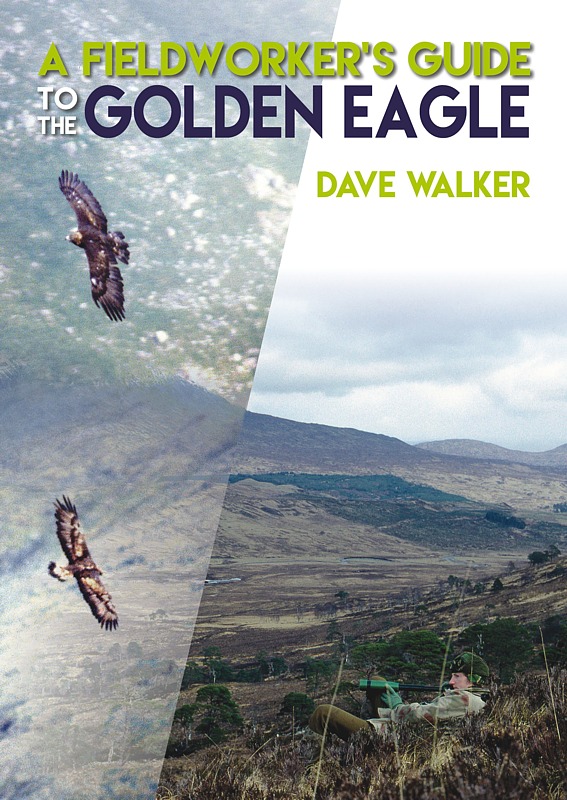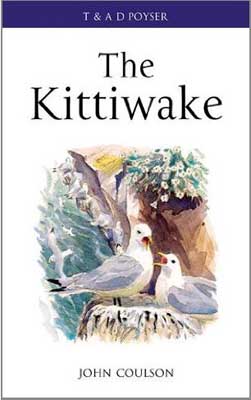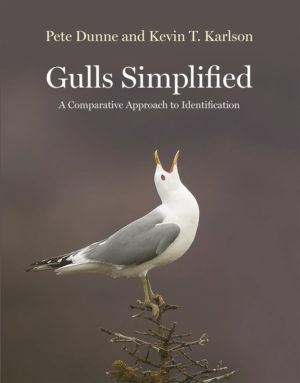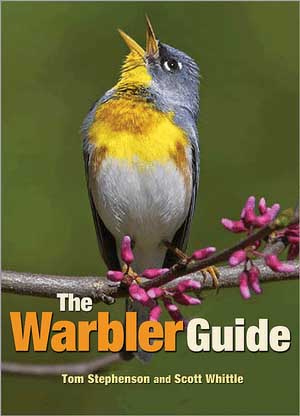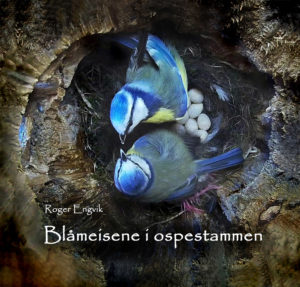- A truly practical guide to the Golden Eagle, its ecology and behaviour
- An objective review of the extent and quality of existing knowledge
The Golden Eagle is generally thought to be a well-known and well-documented species. However, much of the available literature is not necessarily in a form that can readily be used in the field.
In fact, although much existing information about Golden Eagles has little supporting evidence it is still largely accepted without question. This book addresses this important issue and in doing so the author queries numerous long-held beliefs about Golden Eagles. He suggests that failure to recognise the limitations of the available evidence is not only detrimental to understanding eagle ecology but that it can undermine conservation efforts. The Fieldworker’s Guide questions the reliability of existing knowledge and promotes a better understanding of the species through improved fieldwork.
With 37 years of active, year-round investigative fieldwork experience of the Golden Eagle, the author has vast knowledge enabling him to shed light on these matters. He has a history of undertaking novel research on post-fledging studies, territories and the impact of changes in land use. In this context he discusses how best to undertake fieldwork to produce objective results, avoiding the influence of expectations and recognising the many pitfalls into which an unwary observer might stumble.
The book objectively reviews all aspects of Golden Eagle ecology, taking examples from many different locations and from site-specific studies in Scotland to compare and contrast the reliability and relevance of the evidence, highlighting the differences between casual and intensive fieldwork. It reviews all the elements of Golden Eagle ecology, from the species status, through the activities and roles of eagles of different gender, age and status, via territories, food and breeding, to habitat preferences, usage and even the influence of weather and observer activity on behaviour and observations. It also gives due consideration to the failed and non-breeding elements of the population, topics that are widely ignored despite such eagles forming the bulk of the population for most of the year.
To provide a better understanding of what fieldworkers and birdwatchers are likely to encounter, the author reviews the month-by-month activity of all classes of Golden Eagle and the influences that affect how their ecology is understood.
